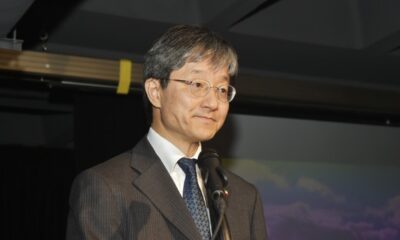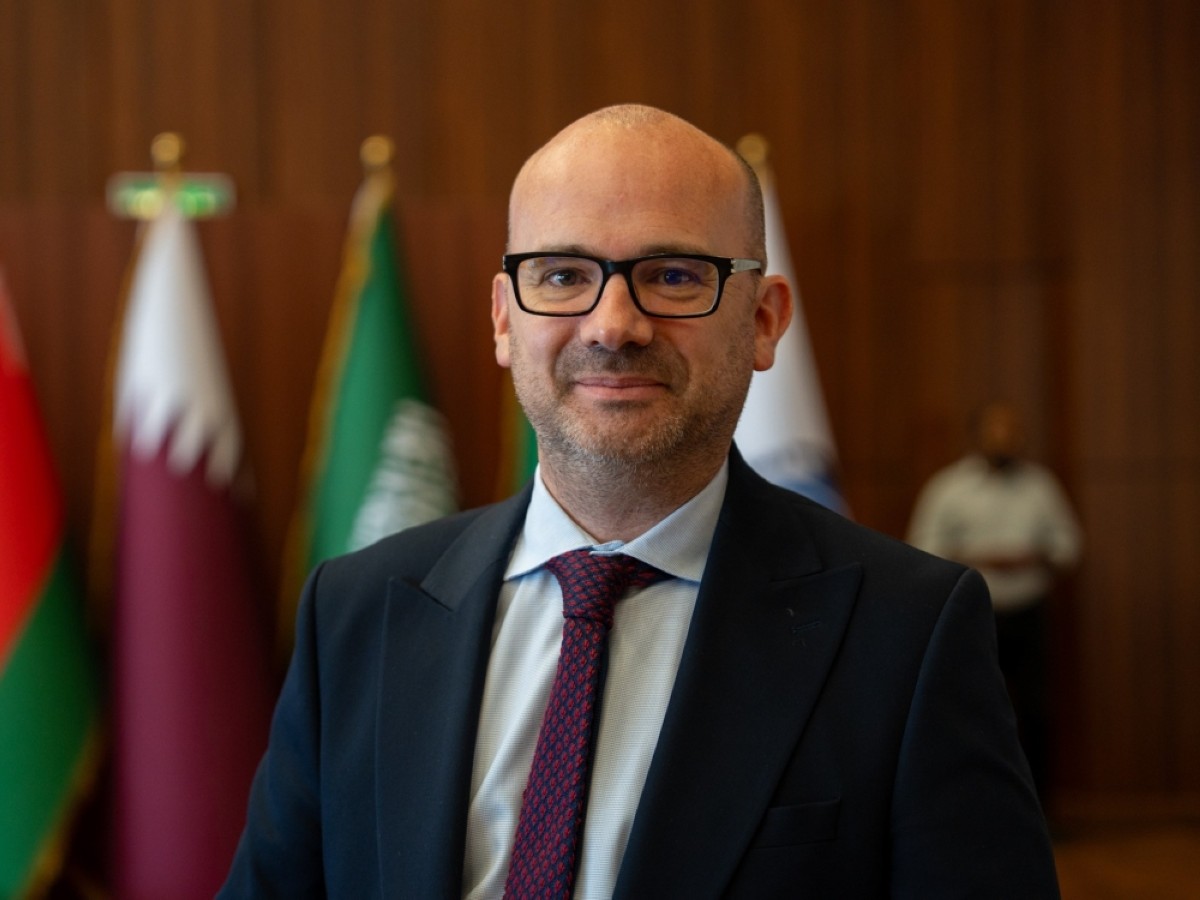KUWAIT: France is broadening access to its world-class universities and institutes for Kuwaiti students, with an increasing number of programs now available in English. Speaking to Kuwait Times on the sidelines of the France-Kuwait Alumni Gala 2025 – held Monday evening at the Kuwait Institute for Scientific Research (KISR) – French ambassador to Kuwait, Olivier Gauvin, highlighted the growing inclusivity of France’s academic institutions and its relevance for students from Kuwait and the wider region.
“France has some of the world’s top universities and schools, in fields like business, engineering, and beyond,” he said. “Kuwaiti students today can choose from a wide variety of programs that align with their interests and career goals.”
In recent years, a rising number of French institutions have introduced full English-language curriculums, making it easier for international students to begin their studies without prior knowledge of French. “Language is no longer a barrier,” the ambassador emphasized. “If you speak French, that’s a plus. If not, you can start in English and naturally learn the language through daily life.” While English remains a global necessity, the ambassador underlined the advantages of learning French, especially in the professional sphere.
“Many international corporations operate in French-speaking countries,” he said. “For them, being able to speak the language is a definite asset, it gives candidates a competitive edge.” Studying in France, he noted, also offers cultural enrichment, personal growth and long-term connections.
Building networks
France’s cultural and linguistic presence continues to grow in Kuwait, with over 500,000 French speakers and 1,400 French teachers across public and private schools. Institutions like the French Institute in Kuwait and Campus France play a pivotal role in promoting French language, culture and academic guidance.
The France-Kuwait Alumni Gala brought together graduates of French institutions who are now living and working in Kuwait. The evening offered a chance to reconnect, build professional networks and reflect on the value of their educational journeys.
“It’s a unique opportunity to bring all these people together,” the ambassador said. A key part of the event was a panel discussion featuring five alumni, each sharing their personal experiences studying in France, offering prospective students’ practical insight into life in France, including motivations, challenges and the many advantages of pursuing higher education abroad.
As part of its continued support for the francophone academic community in Kuwait, the French Embassy is actively working to establish alumni associations. “We’re currently working on launching a network for La Sorbonne graduates in Kuwait,” said the ambassador. “It will likely be one of the first of its kind here, and hopefully the start of many more.” Plans are also underway to create an association for graduates of Kuwait’s French lycée.
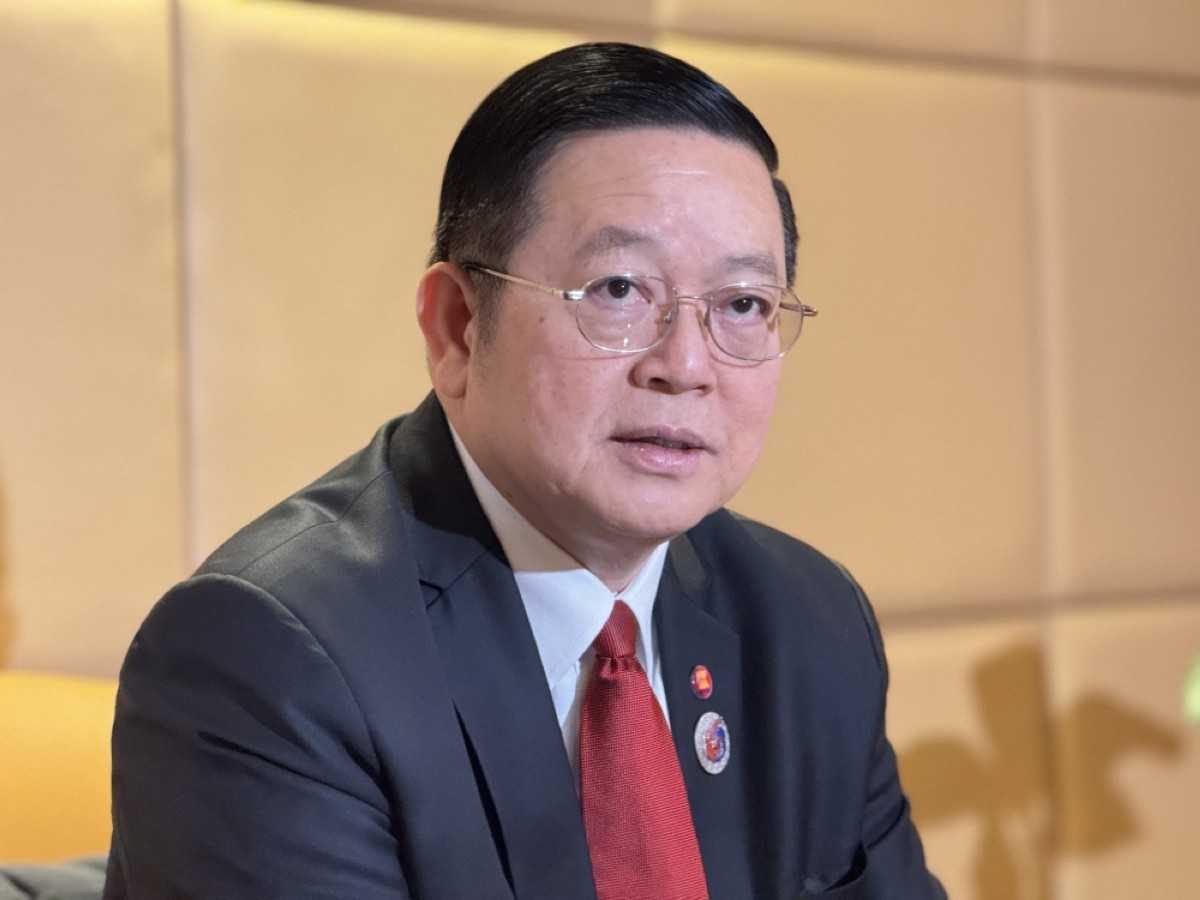

 Latest News23 hours ago
Latest News23 hours ago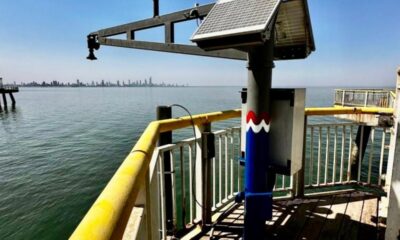
 Latest News24 hours ago
Latest News24 hours ago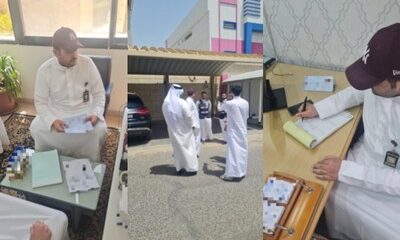
 Politics23 hours ago
Politics23 hours ago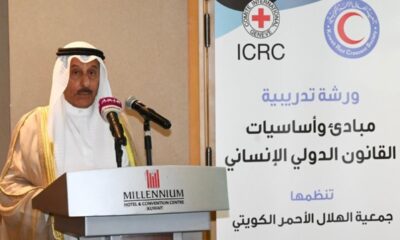
 Latest News22 hours ago
Latest News22 hours ago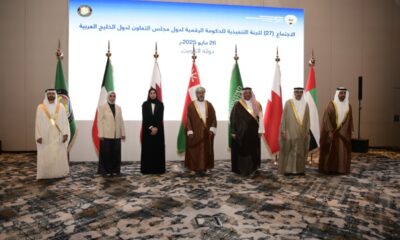
 Latest News20 hours ago
Latest News20 hours ago
 Politics21 hours ago
Politics21 hours ago
 Politics20 hours ago
Politics20 hours ago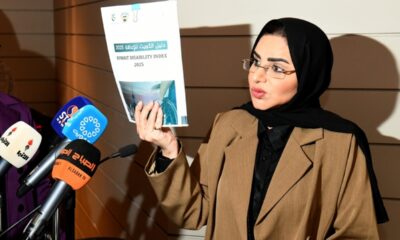
 Latest News16 hours ago
Latest News16 hours ago

